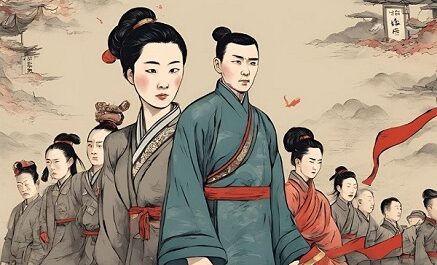Learn Chinese Idiom with Pinyin and English
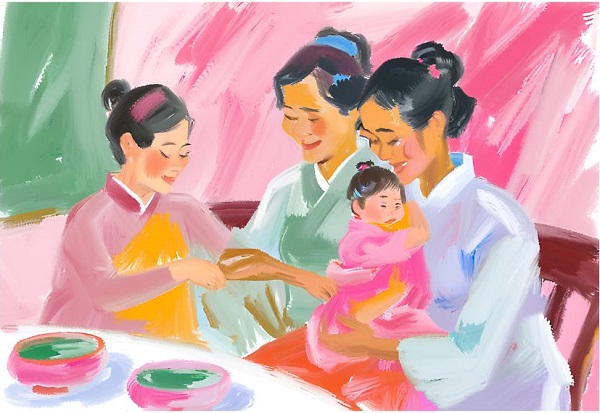
- Idiom in Chinese-男室女家。
- Pinyin of Idiom– nán shì nǚ jiā.
- Idiom’s Meaning in English– This idiom refers to the appropriate social roles and behavior expected of men and women in traditional Chinese society. It highlights the division of labor and responsibilities between men and women in the family and society.
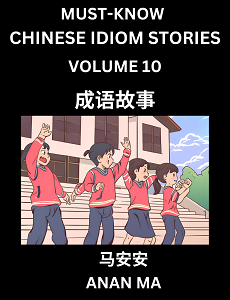
Chinese Idiom Stories Books (HSK All Levels):
- Books to Learn Chinese Idiom Stories (Part 1)
- Books to Learn Chinese Idiom Stories (Part 2)
- Books to Learn Chinese Idiom Stories (Part 3)
Learn Chinese Idiom Story in English (成语故事的英文)
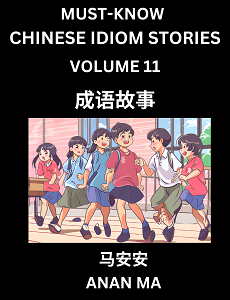
The idiom “nán shì nǚ jiā” originated from the ancient Chinese family values. In ancient times, men were often viewed as the main pillar of the family, responsible for working outside and supporting the family financially, while women primarily took care of household chores, such as cooking, weaving, and caring for children. This division of labor led to the concept of “nán shì” representing men’s activities and responsibilities outside the home, and “nǚ jiā” representing women’s domestic duties and responsibilities within the home.
The story takes place in an ancient village, where there lived a diligent farmer and his wife. The farmer would leave early and return late, working hard in the fields to provide for his family. Meanwhile, his wife managed the household, took care of the children, and kept the family running smoothly. The villagers often praised this couple as a model of “nán shì nǚ jiā,” and their harmonious life became a beautiful sight in the village.
Learn Idiom Story in Chinese (成语故事)
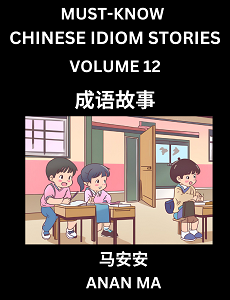
男室女家这个成语源于古代中国的家庭观念。在古代,男性通常被视为家庭的主要支柱,负责外出工作、养家糊口,而女性则主要负责家庭内务,如烹饪、织布、照顾孩子等。这种分工使得“男室”代表男性在外的活动空间,“女家”则代表女性在内的家庭责任。
故事发生在一个古老的村庄里,有一个勤劳的农夫和他的妻子。农夫每天早出晚归,耕田劳作,为家庭提供生活所需。而他的妻子则在家中操持家务,照顾孩子,使得家庭井然有序。村民们常常夸赞这对夫妇是“男室女家”的典范,他们的和谐生活成为了村里的一道亮丽风景。
Learn Keywords with English, Simplified Chinese Characters, and Pinyin (关键词)
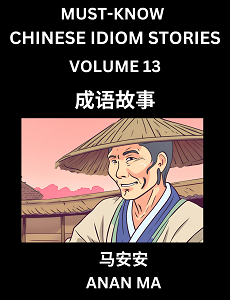
男室(nán shì): male’s role in society and family, referring to men’s work and responsibilities outside the home
女家(nǚ jiā): female’s role in society and family, referring to women’s domestic duties and responsibilities within the home
Pinyin of Idiom Story (故事的拼音)
Nán shì nǚ jiā zhège chéngyǔ yuán yú gǔdài zhōngguó de jiātíng guānniàn. Zài gǔdài, nánxìng tōngcháng bèi shì wéi jiātíng de zhǔyào zhīzhù, fùzé wàichū gōngzuò, yǎngjiā húkǒu, ér nǚxìng zé zhǔyào fùzé jiātíng nèiwù, rú pēngrèn, zhī bù, zhàogù háizi děng. Zhè zhǒng fēngōng shǐdé “nán shì” dàibiǎo nánxìng zàiwài de huódòng kōngjiān,“nǚ jiā” zé dàibiǎo nǚxìng zài nèi de jiātíng zérèn.
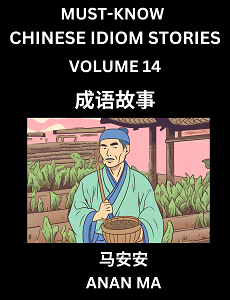
Gùshì fāshēng zài yīgè gǔlǎo de cūnzhuāng lǐ, yǒu yīgè qínláo de nóngfū hé tā de qīzi. Nóngfū měitiān zǎochū wǎn guī, gēng tián láozuò, wéi jiātíng tígōng shēnghuó suǒ xū. Ér tā de qīzi zé zài jiāzhōng cāochí jiāwù, zhàogù háizi, shǐdé jiātíng jǐngrán yǒu xù. Cūnmínmen chángcháng kuāzàn zhè duì fūfù shì “nán shì nǚ jiā” de diǎnfàn, tāmen de héxié shēnghuó chéngwéile cūnlǐ de yīdào liànglì fēngjǐng.



